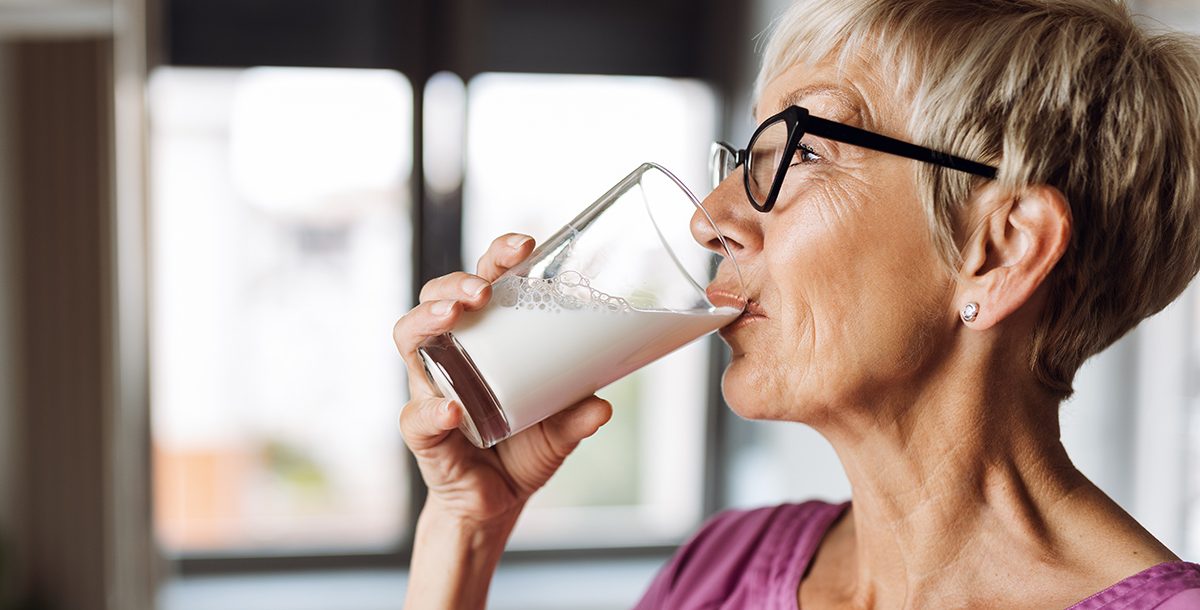Heartburn, also referred to as acid reflux, is when stomach acid backs up into your esophagus.
First of all, what is heartburn?
About 20 percent of adults in the United States experience heartburn at least once a month. Regular occurrences are commonly a symptom of gastroesophageal reflux disease, or GERD. People with heartburn or GERD commonly experience:
- Coughing
- Heartburn
- Trouble swallowing (also called dysphagia)
- Nonburning chest pain
- Sore throat
- A feeling of food stuck in your throat
- Vomiting
- Bad breath
However, heartburn and acid reflux can also be triggered by overeating or consuming foods and drinks that are:
- Acidic
- High in fat, salt or spice
- Processed
Many foods and drinks that people consume often fall into these categories. However, avoiding heartburn doesn’t mean you must cut them out entirely. Moderation, as well as portion control, is key.
The timing of what you eat and drink can also affect whether you develop heartburn. Doctors suggest eating or drinking problem foods no later than two hours before you go to bed. This is because lying down for an extended period can result in these foods rising back up into the esophagus and irritating it.
Does milk help with heartburn?
Whether you’re suffering from occasional heartburn or have developed a more chronic issue like GERD, it still begs the question: does milk help heartburn?
Cow’s milk contains higher levels of two things that help relieve or prevent heartburn: calcium and protein. Milk contains a significant portion of your daily value of calcium, a mineral that is commonly found in antacids as calcium carbonate. Calcium is also believed to be critical to muscle tone and can improve the functionality of the esophageal sphincter, the muscles that separate the esophagus from the stomach.
The second, protein, stimulates the production of gastrin. This hormone contributes to stronger muscles in the esophageal sphincter, but also promotes emptying your stomach’s contents. This process is called gastric emptying and leads to less food being available to come back up the esophagus.
Will milk make heartburn worse?
While consuming more calcium and protein can be beneficial, getting them from milk may not help you with heartburn. Milk can also contain a significant amount of fat depending on the type of milk you choose and how much you drink. Fat not only relaxes the muscles in the esophageal sphincter but also takes longer to digest, which delays gastric emptying.
While the protein in milk promotes gastrin production, which helps with gastric emptying, it’s also involved in the secretion of stomach acid — increasing the burning sensation you experience with heartburn.
What relieves heartburn?
Some argue that switching from cow’s milk to an alternative, such as almond or goat’s milk, can alleviate this issue. However, neither is perfect — goat’s milk is more easily digested but has a higher fat content. In contrast, almond milk has a higher pH and is considered alkaline, which would neutralize stomach acid, but there’s little scientific evidence to prove it definitively.
In addition to eating problem foods in moderation and not eating too late at night, there are a few more options for relieving heartburn. Eating smaller meals more often can prevent heartburn from developing since overeating is a trigger. Also, certain foods can have an effect, such as those that are:
- High in fiber, like oatmeal, brown rice, sweet potatoes, asparagus, carrots and broccoli;
- Have a low pH, such as bananas, cauliflower, nuts and melons; and
- Contain a high percentage of water, including watermelon, cucumbers, lettuce, celery and broth-based soups
On the medicinal side, over-the-counter drugs like antacids or histamine blockers can also bring relief. Antacids like Tums work to neutralize stomach acid, while histamine blockers, such as Zantac or Pepcid, function as their name suggests — they block histamine, a chemical that triggers the production of stomach acid.
When to see your provider
While heartburn is uncomfortable and often manageable with diet and over-the-counter treatment, you may need to see a doctor if you experience it more than twice a week. You could be diagnosed with GERD, which can cause damage to the lining of your esophagus. Frequent heartburn like this can increase your risk of esophageal cancer.
Next steps for severe heartburn relief
You can start by discussing your heartburn symptoms and triggers with your primary care provider, who may refer you to a gastroenterologist. Your doctor can monitor your symptoms and provide you with preventative treatment.





